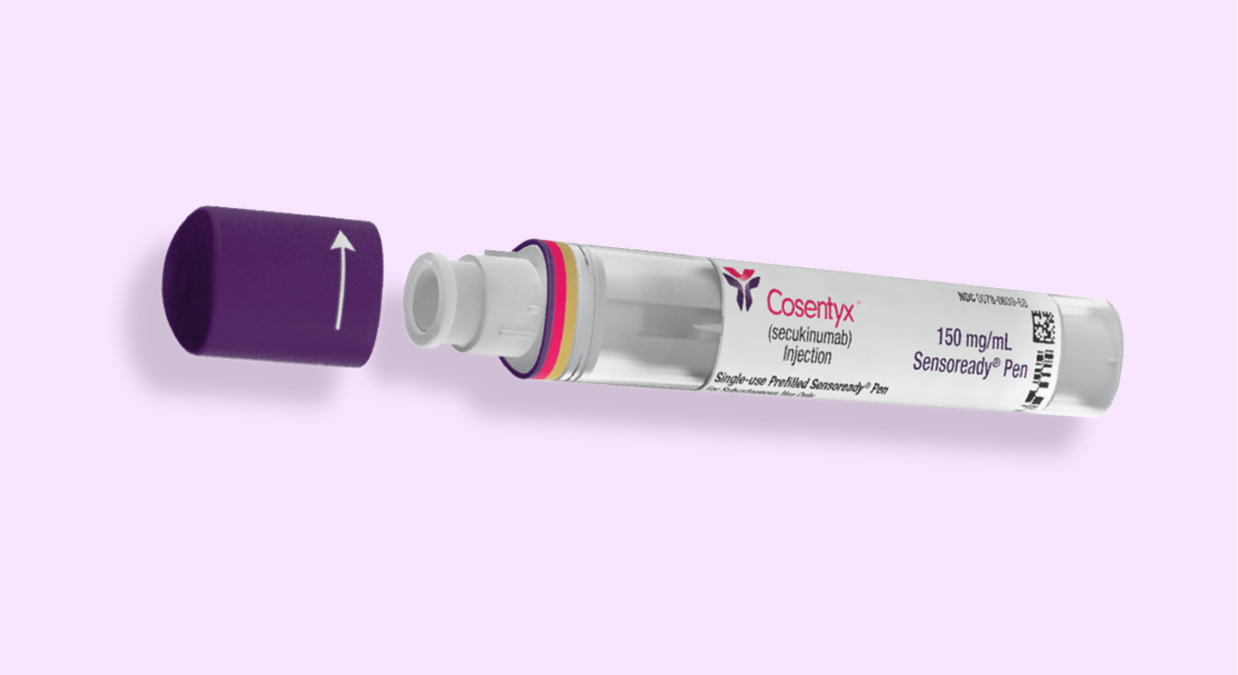Novartis Shares Promising Phase III GCAptAIN Results For Cosentyx® In Giant Cell Arteritis
Novartis’ Cosentyx misses primary endpoint in Phase III GCA study but shows potential steroid-sparing benefits.
Breaking News
Jul 04, 2025
Simantini Singh Deo

Novartis announced top-line results from the Phase III GCAptAIN study evaluating the efficacy and safety of Cosentyx (secukinumab) in adults with newly diagnosed or relapsing giant cell arteritis (GCA). The study assessed Cosentyx in combination with a 26-week tapering course of steroids and compared it to a placebo group receiving a 52-week steroid taper.
The primary outcome of the study was to measure sustained remission at Week 52. The results showed that Cosentyx did not achieve a statistically significant improvement in sustained remission compared to the placebo group. Although the primary endpoint was not met, Cosentyx demonstrated numerically better results than placebo in terms of reducing the cumulative steroid dose and minimizing steroid-related side effects. However, these secondary outcomes also did not reach statistical significance.
Shreeram Aradhye, M.D., President, Development and Chief Medical Officer, Novartis, said in a statement, “While the Phase III results of GCAptAIN did not replicate the positive outcomes observed in the Phase II trial, we remain committed to continuing to drive scientific progress and deepening the understanding of immune-mediated diseases. We are grateful to the patients, investigators, and teams who made this study possible and will continue focusing on addressing areas of unmet medical need.”
The safety profile of Cosentyx observed in this trial was consistent with what has been previously seen in other approved indications. The medication’s safety has been well established through ten years of real-world clinical data and extensive prior research. Novartis plans to conduct a full evaluation of the GCAptAIN data and intends to share comprehensive findings at a later date.
